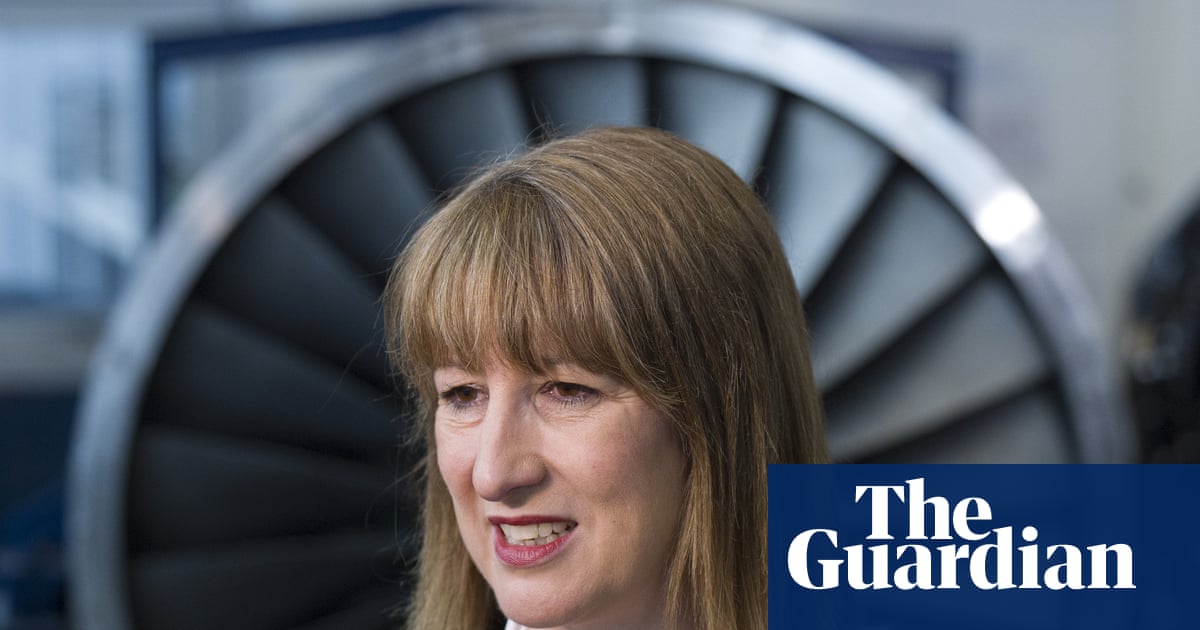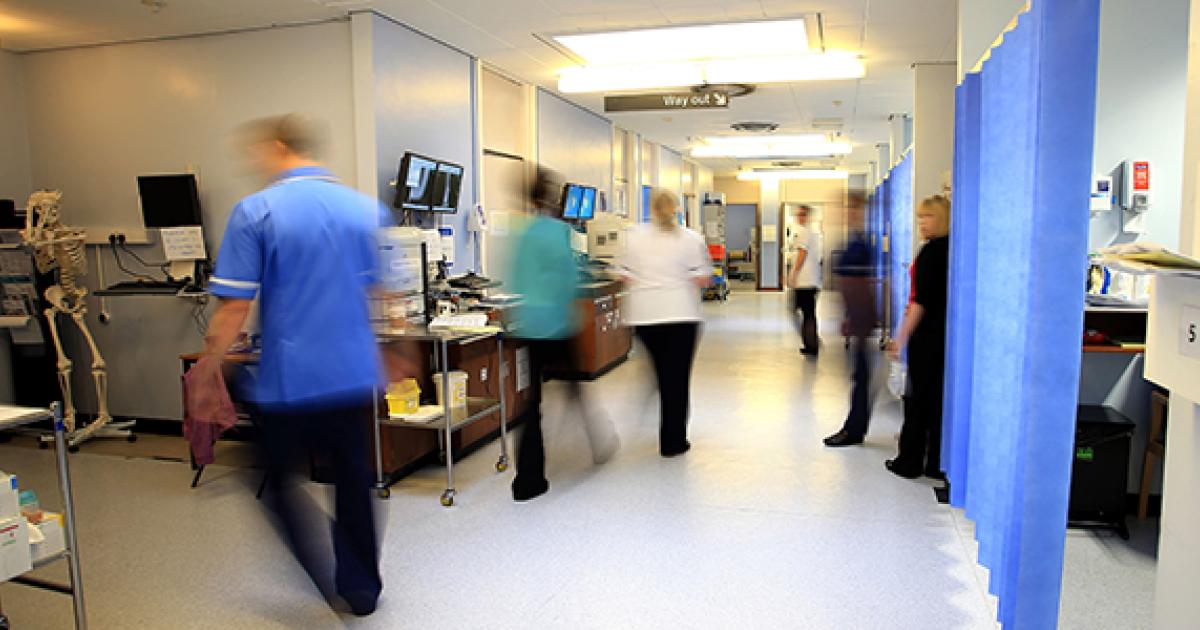Brewster's millions
Well-Known Member
- Joined
- 9 Apr 2012
- Messages
- 5,370
I’m sure they will argue about it.Great post! How could ANYONE who's vaguely sensible, argue with that???
Whether they’re vaguely sensible is another matter.
I’m sure they will argue about it.Great post! How could ANYONE who's vaguely sensible, argue with that???

Investments are paid for out of retained profits. Tax 78% of the profit away and there's far less money for investments.
So two things happen, prices are pushed up because the business can't afford to invest in things that would drive efficiency improvements, and second, prices are pushed up to increase the amount retained profit so that some level of investment can still be maintained. Either way, prices are pushed up.
There's 2 possible reasons why Milliband said that taxes don't affect prices. 1. He's a buffoon. 2. He thinks we are idiots.
The reality is both are true.
If the treasury is a beneficiary, that's money they don't need in other taxes.
True.If the treasury is a beneficiary, that's money they don't need in other taxes.
First, how is public sector productivity defined?Is it really austerity if public sector productivity is merely expected to return to the pre-Covid level, and the level of public sector expenditure is set accordingly?
Do you think it’s sustainable to continue to implement further tax rises, hobble the economy and increase debt servicing costs via higher inflation (in addition to the extra borrowing), just so the public sector can avoid returning to a level of productivity it managed five years ago?
Great post! How could ANYONE who's vaguely sensible, argue with that???

Perhaps I have misunderstood your post or I wasn’t clear in mind.
It (the tax) doesn’t go in to the price cap rate. What I was trying to say was if my leccy company pays in reality £1 a unit because it sources it exclusively from renewables but is able to charge me the highest per unit rate of £3 then it’s making £2 profit per unit, of that £2, £1.56 is heading back to the treasury in windfall tax and normal tax etc. I wasn’t linking the price cap to the tax, if the tax was 10% the price cap would be the same, I was merely highlighting that one of the biggest beneficiaries to the current setup is the treasury.
Obviously it’s more complex than my crude example posted above as they can offset profits and the unit rates simply made up for illustrative purposes.
So the energy companies haven't made windfall profits from the Ukraine War? And if they had, they'd spend all the excess profits on efficiency improvements which they'd pass on in lower prices rather than higher dividends...Investments are paid for out of retained profits. Tax 78% of the profit away and there's far less money for investments.
So two things happen, prices are pushed up because the business can't afford to invest in things that would drive efficiency improvements, and second, prices are pushed up to increase the amount retained profit so that some level of investment can still be maintained. Either way, prices are pushed up.
There's 2 possible reasons why Milliband said that taxes don't affect prices. 1. He's a buffoon. 2. He thinks we are idiots.
The reality is both are true.
So no defence spending then?True.
But many Labour supporters seem to think that raising taxes on people or businesses is something that can be done in isolation without any effects other than raising money. Unfortunately this is not true.
Taxes on people reduce their ability to spend, which depresses tax receipts. And taxes on businesses pushes up prices, which depresses growth and tax receipts.
Taxes should be viewed as a necessary evil to be avoided as much as possible. It's hard to argue that raising any taxes (i.e. rates) is ever a good thing.
First, how is public sector productivity defined?
"Most public services are provided free at the point of use, and so there are no prices with which to value their outputs. This also makes it more difficult to place a value on the outcomes produced by those services. Ideally, we might value a hospital admission by the amount by which it improved the patient’s health, or a year of education by the benefits it has for a child’s development and future life trajectory. In practice, this is rarely feasible." (The Institute for Fiscal Studies)
Is the Fire and Rescue Service less productive if it puts out fewer fires, or more productive if its work prevents more fires?

A more concerning impact is that it dramatically reduces investment. This is probably Millibrain's covert aim. As a closet Green he's hell bent on wrecking our oil and gas industry.That’s a very fair point and I hadn’t looked beyond direct price inputs to indirect price inputs. It’s true to say that taxing profits damages investment which means we, the consumer, continue to pay higher prices as some of our energy continues to be generated by the most expensive methods. It’s debatable how much the energy firms would invest in cheaper production if it wasn’t taxed but your point stands.
So in that sense I concur that the tax is playing in to the price, just not directly.
Waste of time mate. Vic will argue black is white unless it aligns with Labour socialist dogma. He will scour the internet for whatever crumb of data to support whatever argument no matter how indefensible.Fortunately the ONS has just delivered a once in a generation review and overhaul of the public sector productivity data, incorporating many new data sources and broader methodological improvements.
The new, improved time series show that public sector productivity is still more than 4% below the pre-pandemic level.
Investments are paid for out of retained profits. Tax 78% of the profit away and there's far less money for investments.
So two things happen, prices are pushed up because the business can't afford to invest in things that would drive efficiency improvements, and second, prices are pushed up to increase the amount retained profit so that some level of investment can still be maintained. Either way, prices are pushed up.
There's 2 possible reasons why Milliband said that taxes don't affect prices. 1. He's a buffoon. 2. He thinks we are idiots.
The reality is both are true.
No3, shareholders still get big fat dividendsInvestments are paid for out of retained profits. Tax 78% of the profit away and there's far less money for investments.
So two things happen, prices are pushed up because the business can't afford to invest in things that would drive efficiency improvements, and second, prices are pushed up to increase the amount retained profit so that some level of investment can still be maintained. Either way, prices are pushed up.
There's 2 possible reasons why Milliband said that taxes don't affect prices. 1. He's a buffoon. 2. He thinks we are idiots.
The reality is both are true.
I wasn't going to respond to Brewster's post as there was nothing to disagree with.Waste of time mate. Vic will argue black is white unless it aligns with Labour socialist dogma. He will scour the internet for whatever crumb of data to support whatever argument no matter how indefensible.
There's barely a soul arguing that public sector productivity is not in the toilet but he managed to find something. Mr Reliable.
From the Guardian. Difficult to see any other outcome than raised taxes.

Rachel Reeves needs to put up taxes to cover £40bn deficit, thinktank says
NIESR suggests a rise of 5p in the pound on basic and higher rate of income tax would fill the budget gapwww.theguardian.com
Great post! How could ANYONE who's vaguely sensible, argue with that???

So no defence spending then?
Have you seen the state of most unadopted roads?
But taxes on the poor certainly mean money not being spent locally, whereas taxing the rich means less going unspent, or more being spent on foreign holidays or foreign-made luxury goods.
